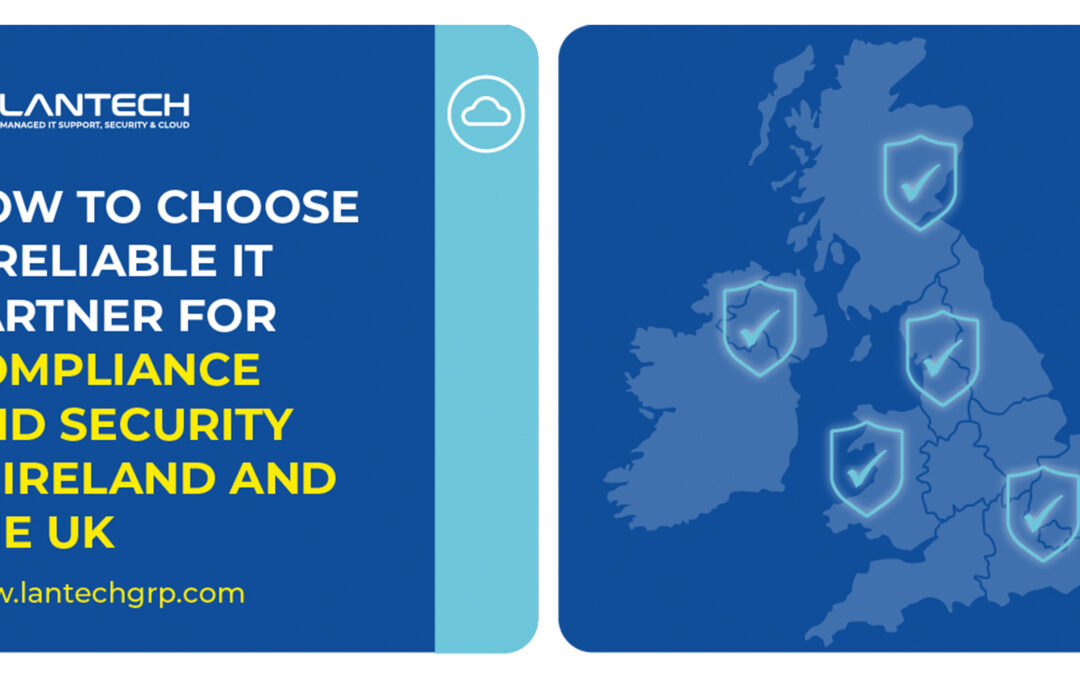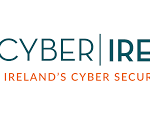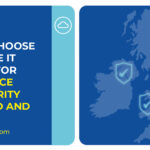The pressure on Irish and UK businesses to stay compliant and secure has never been greater. From GDPR and ISO 27001 to new standards like NIS2, it’s no longer enough to just have anti-virus and a firewall. You need a proactive IT partner who not only keeps your systems running but also keeps you ahead of the curve.
But with so many managed service providers (MSPs) promising the same thing, how do you separate the capable from the risky?
Let’s break it down.
Why Compliance and Security Are Now Board-Level Priorities
In 2025, compliance isn’t just about avoiding fines. It’s about building trust with clients, qualifying for cyber insurance, and staying competitive. Data breaches don’t just cost money; they damage reputation and often lead to lost clients.
SMEs in the UK, especially those in legal, financial, medical and regulated sectors, face the same threats as large enterprises, without the same resources.
That’s why choosing the right IT partner is a strategic decision, not just an operational one.
What to Look for in an IT Partner
1. Proven Track Record in Regulated Sectors
Look for providers who already work with firms in your space. If you’re in legal, ask for case studies with other solicitors. If you’re in finance, see how they handle FCA and PCI compliance.
2. Certifications That Matter
- The MSP doesn’t need every badge under the sun, but they should hold or actively support:
- Cyber Essentials or Cyber Essentials Plus
- ISO 27001 alignment (if not full certification)
- Experience with frameworks like NIS2 and/or GDPR
3. Ongoing Security Monitoring and Incident Response
- Security isn’t set-and-forget. Your IT partner should offer:
- 24/7 threat monitoring
- Email threat protection (phishing, spoofing, malware)
- Endpoint detection and response (EDR)
- Identity Protection and response (ITDR)
- Clear escalation paths in case of a breach
4. Support With Documentation and Audits
- Need to fill out a cyber insurance form? Or prepping for an ISO audit? Your provider should offer:
- Asset registers
- Access control logs
- Incident response policies
- Backup and disaster recovery documentation
5. Real People Who Speak Plain English
- It sounds obvious, but too many providers still rely on jargon and templated answers. You want someone who can:
- Explain your risks in business terms
- Guide you through policy creation and implementation
- Translate tech into decision-making
Common Pitfalls to Avoid
- Choosing on price alone: Cheap IT support is rarely proactive. It often ends up costing more after a breach or failure.
- No service level agreement (SLA): You need guaranteed response times, not “we’ll get back to you.”
- One-size-fits-all contracts: Your business is unique. Your security and compliance plan should be too.
- Lack of visibility: If they can’t show you how they’re protecting your business, they probably aren’t.
Real Example: Helping a Dublin Based Accountancy Achieve ISO Compliance
A mid sized accountancy firm in Dublin needed help preparing for ISO 27001 certification. Lantech implemented:
- A fully documented IT policy framework
- Encrypted cloud backups with multi-location storage
- Endpoint protection with audit trails
- Support during third-party audit reviews
They passed on the first try and have since renewed cyber insurance at a reduced premium.
Questions to Ask Before You Sign Anything
- Who owns responsibility for security updates and patching?
- How often do you run risk assessments?
- What happens if there’s a breach or a data loss?
- Can I speak with a current client in my industry?
- Do you offer help with compliance documentation?
FAQs
Q: What’s the difference between an IT provider and a compliance partner? An IT provider might keep systems running. A compliance partner ensures those systems meet legal and regulatory expectations.
Q: Is Cyber Essentials enough for my business? It’s a strong baseline, but if you handle sensitive data or work in regulated sectors, you’ll likely need more.
Q: Do I need both IT support and cybersecurity services? Ideally, yes. Or better still, work with a partner who combines both under one roof.
Q: How do I know if I’m compliant? You should be able to produce reports and evidence if audited. A good partner will make this easy.
Final Thought
A reliable IT partner isn’t just a vendor. They’re an extension of your team. In 2025, with threats rising and compliance rules tightening, the stakes are simply too high to get this wrong.
If you’re unsure whether your current provider is giving you the protection you need, it may be time to get a second opinion.
Want to know how secure and compliant your setup really is? Book a free Compliance and Security Audit with the Lantech team and get a plain-language report you can act on.



